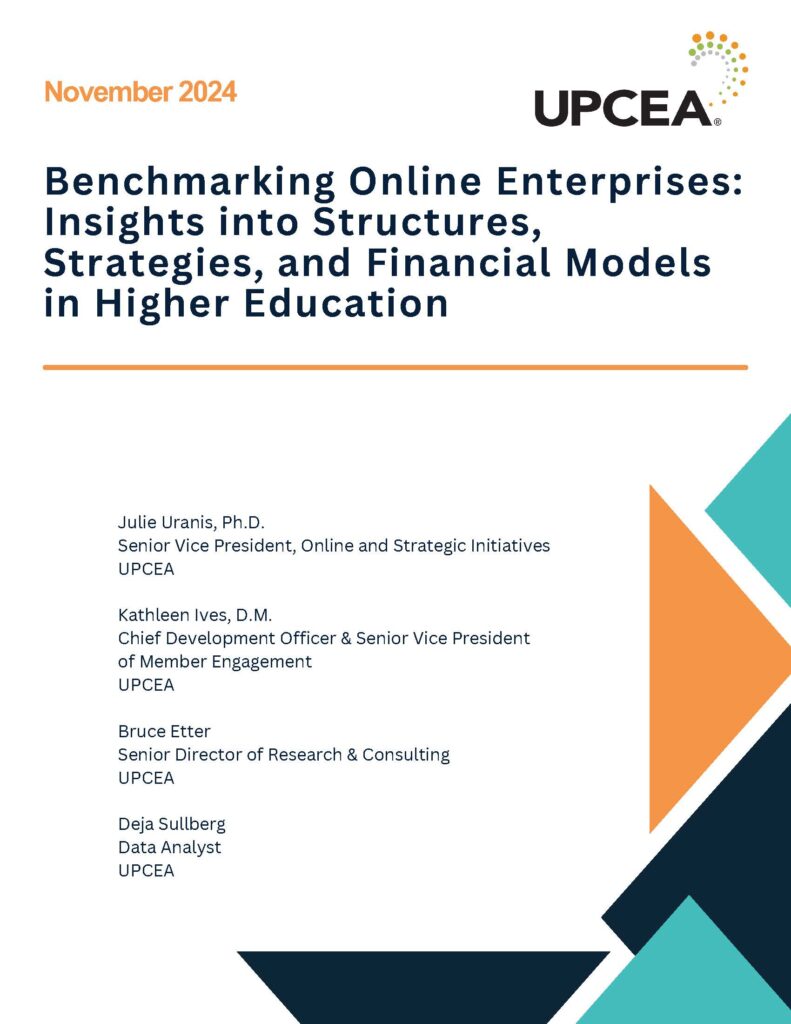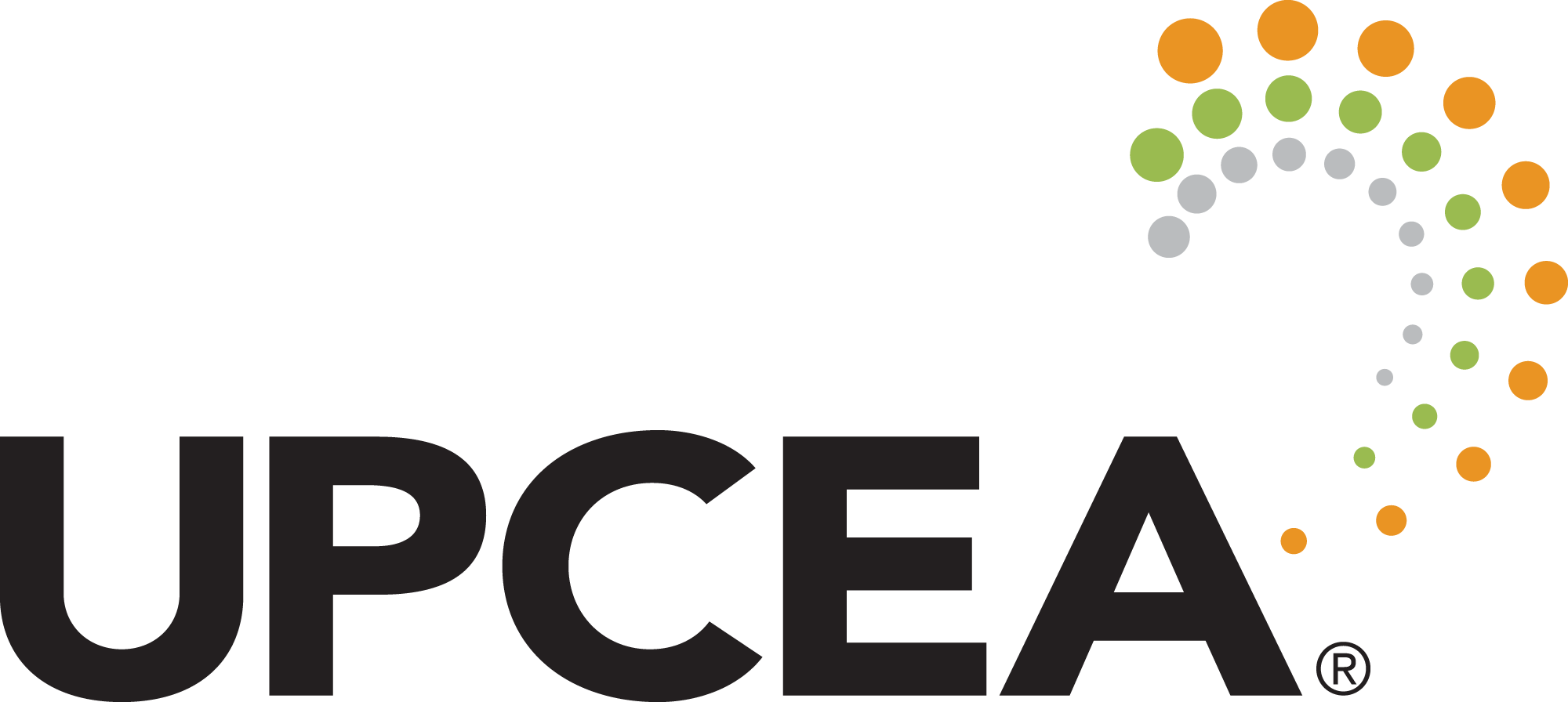UPCEA, the online and professional education association, recently a new research report offering valuable data and analysis to guide strategic decision-making for institutional leaders looking to sustain current online programming and create new opportunities for learners.

Key Findings
The benchmarking study revealed several critical findings that highlight both the growth and challenges facing online education in higher education:
- Financial Resources and Staffing – On average, online units report a budget of $8.6 million, with a median budget of $3.5 million. These units typically employ 32 full-time staff on average, with a median of 15, while also relying on external contracted services, particularly for marketing (71%) and recruiting (61%).
- Program Portfolios and Focus on Graduate Offerings – The majority of online education units support graduate-level programs, including graduate degrees (84%) and graduate credit-bearing certificates (80%). However, there is also a notable presence of microcredentials (71%) and undergraduate offerings (68%) in many online unit portfolios, reflecting the diversified growth in online education.
- Strategic Differentiators in a Competitive Market – Institutions prioritize program quality (85%), brand strength (74%), faculty expertise (73%), and effective marketing/enrollment (69%) to remain competitive in the online education market. Additionally, there is a growing focus on ensuring accessibility and inclusivity, with 44% of respondents strongly agreeing that their online units have effective strategies in place to support diverse student populations.

About UPCEA
UPCEA is the online and professional education association. Our members are continuously reinventing higher education, positively impacting millions of lives. We proudly lead and support them through cutting edge research, professional development, networking and mentorship, conferences and seminars, and stakeholder advocacy. Our collaborative, entrepreneurial community brings together decision makers and influencers in education, industry, research, and policy interested in improving educational access and outcomes.
© 2024 UPCEA
